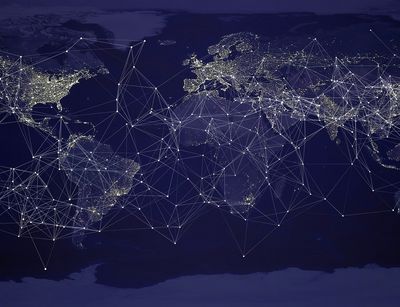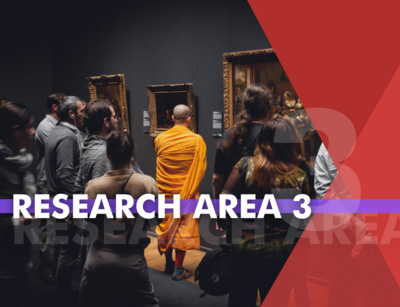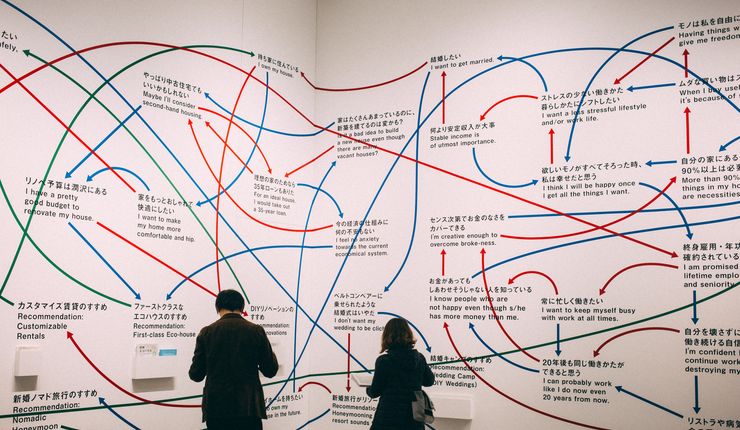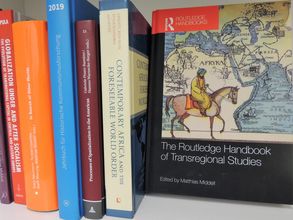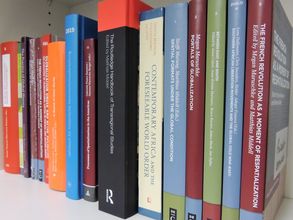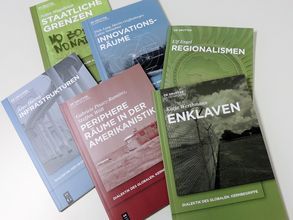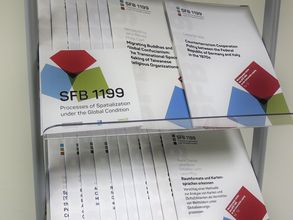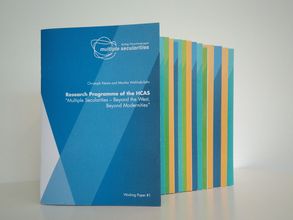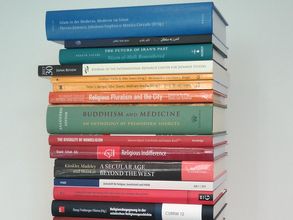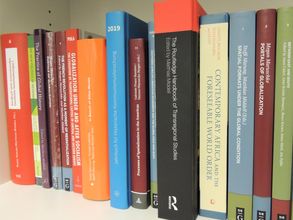The Leipzig Research Centre Global Dynamics (ReCentGlobe) is a central institution of the University of Leipzig. ReCentGlobe is dedicated to the investigation of globalization projects in the past and present in a broad interdisciplinary cooperation. More than 250 employees from various faculties and disciplines work together at the center. They cooperate in the education and training of young academics in the Graduate School Global and Area Studies.
Founded in January 2020, the ReCentGlobe research center brings together the spectrum of historical, spatial, social and cultural studies represented in Leipzig: Ethnology, geography, social psychology, sociology, history, media studies, political science, law, religious studies and economics, as well as African studies, American studies, Arabic and Islamic studies, Indian studies, Japanese studies, Middle Eastern studies, Latin American studies, Eastern European studies, Sinology, Southeast European history, are all involved. The main research interest is focused on the historical genesis, defining characteristics and possible future scenarios of the current world order.
The aim of the cooperation within the research center is to gain a better understanding of the global dynamics that are constantly breaking out anew and thus to overcome a paradigm that understands globalization as a natural process that expands relatively quickly and effortlessly across the entire planet from an assumed global center with virtually no alternatives. ReCentGlobe contrasts this with the assumption of the existence of a multitude of globalization projects that compete, cooperate and overlap with each other, but also develop in parallel and without major contact or even strive for a decoupling of certain transregional interdependencies. Although they typically claim to globalize the world as a whole according to their interests and values, in practice they often limit themselves to a (more or less far-reaching) transregional section, the "world" relevant to them. Globalization projects are aimed at exploiting the opportunities arising from new technologies to remove boundaries and interweave different regions of the world. Globalization projects, therefore, often trigger processes of re-spatialization at the micro and meso level of individual societies and at the macro level of the international system by crossing traditional borders. However, this is combined with efforts to achieve social cohesion, new market demarcations and the stability of rule, sometimes even with pronounced sovereignty panics that go hand in hand with border demarcations. This is why the effects of global dynamics always include reterritorialization tendencies as well as the removal of borders. In addition to the globalization projects of powerful political, cultural and economic elites, counter-concepts and concepts for the future that express alternative conceptions of the world are also taking effect.
The special profile of Leipzig University, which can look back on a long tradition of interaction between area studies and historical interpretations and systematic approaches from the social, cultural, and spatial sciences, makes it possible to analyze globalization projects in different regions of the world. The individual studies provide the necessary critical mass for better understanding these globalization projects.

